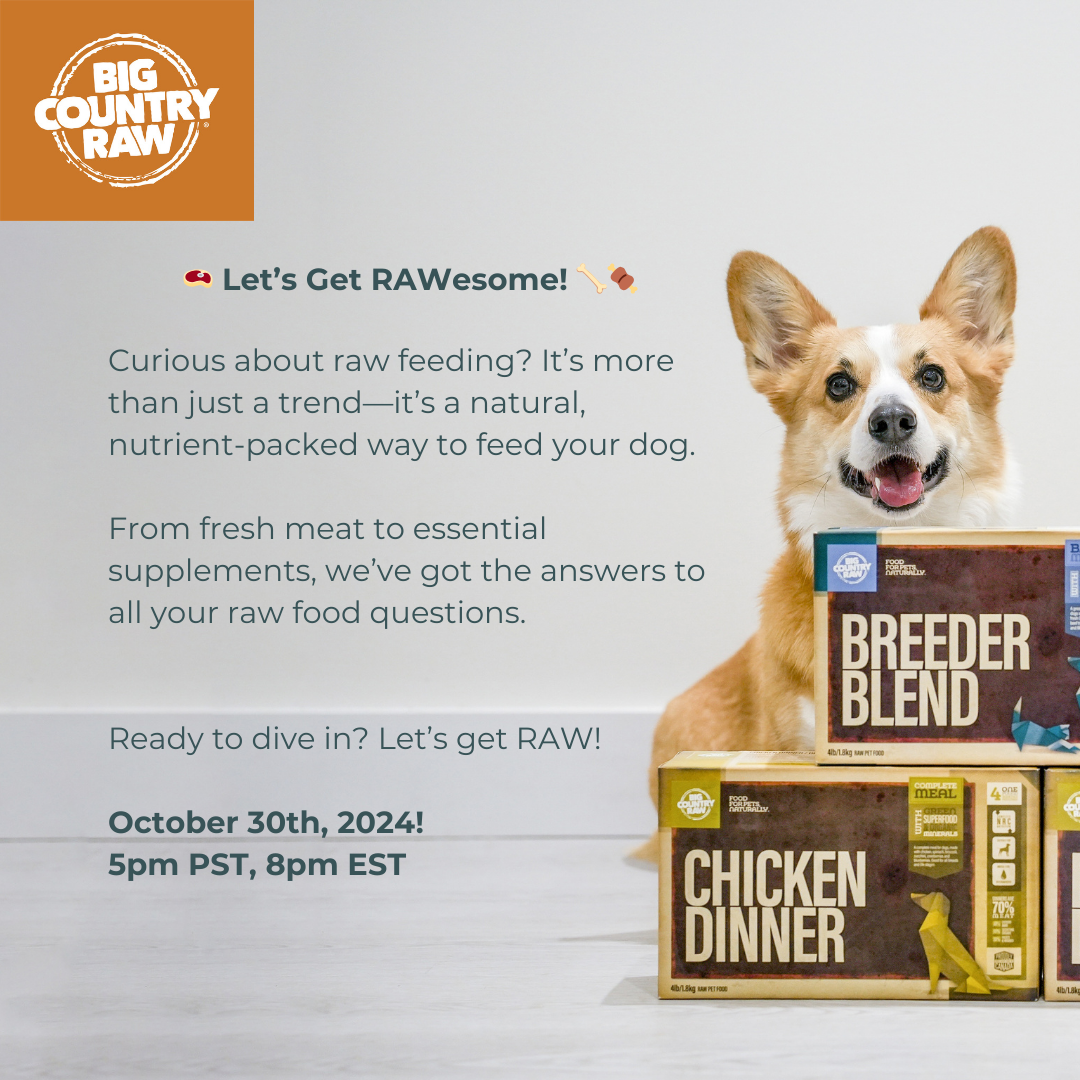The Importance of Supporting Responsible, Ethical Canadian Dog Breeders
The Importance of Supporting Responsible, Ethical Canadian Dog Breeders
In today’s world, the decision to bring a dog into your family comes with a plethora of options. One of the most crucial decisions prospective dog owners face is choosing where to get their new furry friend. While the allure of convenience from pet stores and online ads might be tempting, the importance of supporting responsible, ethical Canadian dog breeders cannot be overstated. These breeders not only prioritize the health and well-being of their dogs but also contribute to reducing the rescue problem and enhancing the overall canine population.
Lifelong Support and Ethical Commitment
One of the standout features of ethical breeders is their lifelong commitment to their dogs. Ethical breeders provide lifelong support to the families who adopt their puppies. This includes offering guidance on training, health, and nutrition throughout the dog’s life. Moreover, they include Breeder Assist rehoming and return clauses in their contracts. These clauses ensure that if, for any reason, an owner can no longer care for their dog, the breeder will take the dog back or assist in finding a suitable new home. This commitment helps prevent dogs from ending up in shelters or rescues, thus addressing a significant part of the rescue problem.
Rigorous Genetic Health Testing
Ethical breeders prioritize the health of their dogs through rigorous genetic testing. They conduct comprehensive health screenings, including tests for breed-specific genetic conditions, ensuring that their breeding pairs are free from hereditary diseases. In Canada, organizations like the Orthopedic Foundation for Animals (OFA) and PennHIP play a crucial role in assessing hip and elbow health. These evaluations help prevent the spread of genetic disorders such as hip dysplasia, ensuring that puppies have the best start in life.
Focus on Temperament Development
A well-rounded dog is not only healthy but also well-tempered. Responsible breeders place significant emphasis on temperament development. Programs like Puppy Culture and other temperament assessment and development initiatives are integral to their breeding practices. These programs involve structured early socialization, training, and enrichment activities that foster confident, well-behaved puppies. By exposing puppies to a variety of experiences in their critical early weeks, ethical breeders help shape dogs that are more adaptable, trainable, and better companions.
The Ethical Breeder’s Role in Reducing Rescue Populations
The issue of dogs ending up in rescues and shelters is a multifaceted problem, often exacerbated by irresponsible breeding practices. By supporting ethical breeders, you are indirectly contributing to the solution. These breeders ensure that their dogs do not contribute to the overpopulation crisis by implementing strict breeding practices, thorough vetting of potential owners, and providing lifelong support. Their responsible approach ensures that their dogs are wanted, well-cared for, and remain in loving homes for their entire lives.
The Hallmarks of a Responsible Breeder
When considering a breeder, look for these key indicators of ethical practices:
- Health Screenings: Ensure the breeder conducts genetic health testing and OFA/PennHIP evaluations.
- Lifetime Support: Ethical breeders will offer guidance and have return clauses in place.
- Temperament Development: Look for breeders who use programs like Puppy Culture.
- Transparency: A responsible breeder will be open about their breeding practices, health screenings, and the puppies’ upbringing.
- Breeding Philosophy: Ethical breeders have a clear, humane philosophy centered around the well-being of their dogs.
In the end, bringing a dog into your home should be a decision made with care, knowledge, and a commitment to upholding the highest standards of canine welfare. Supporting ethical breeders is a significant step in this direction, ensuring a brighter future for dogs and dog owners alike.










